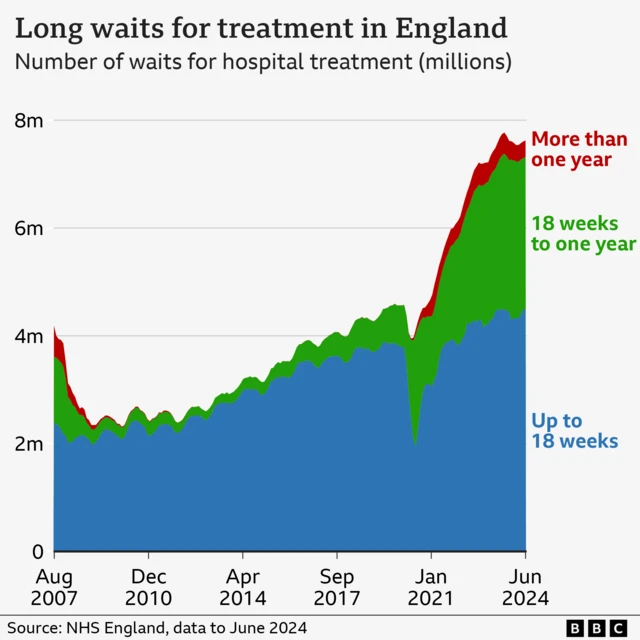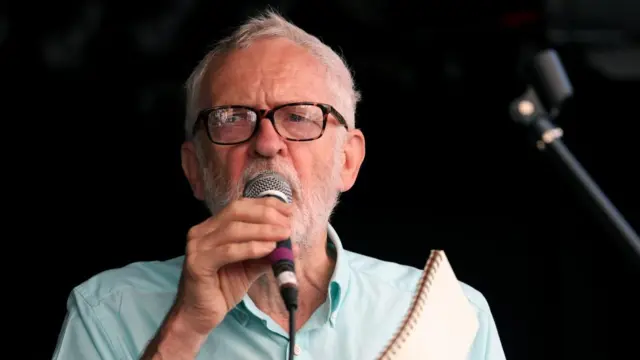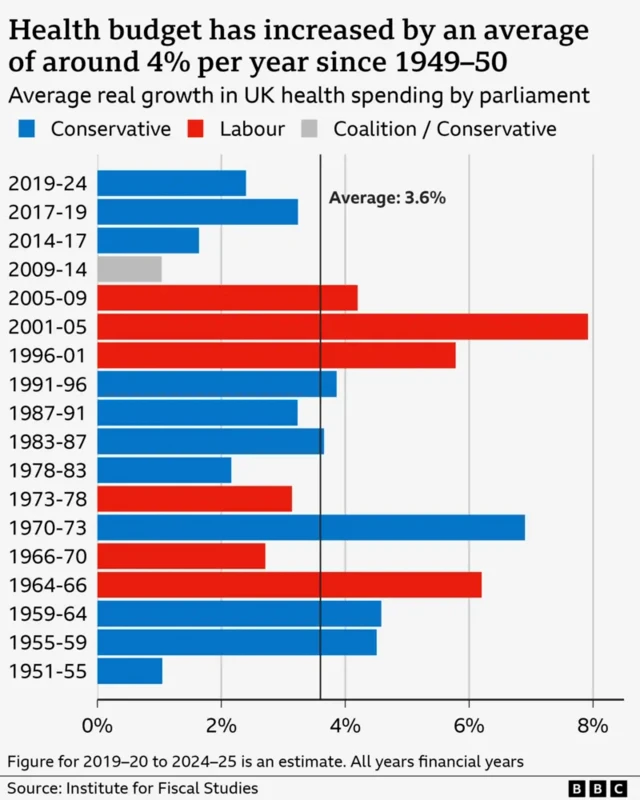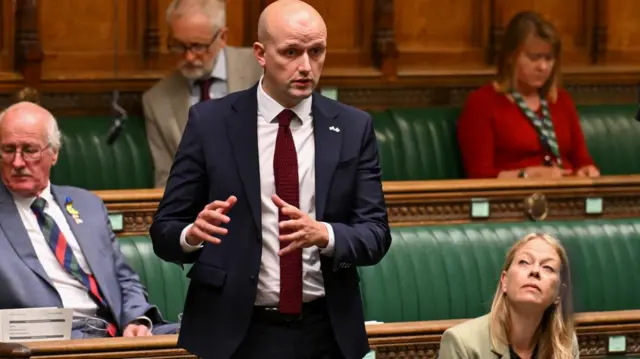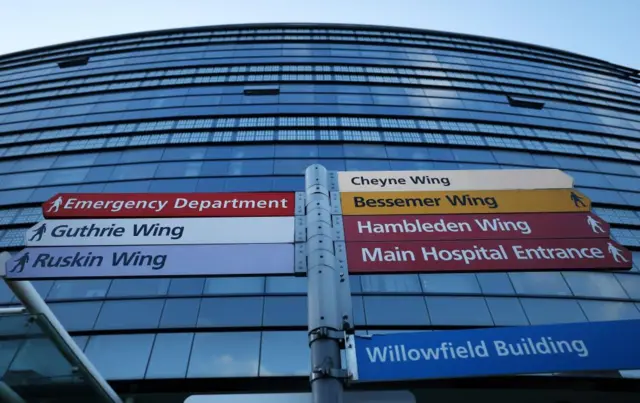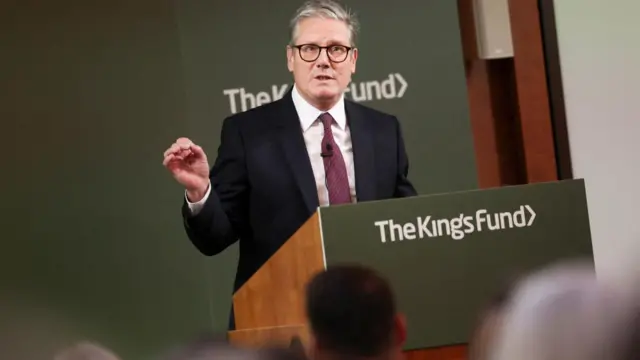No extra funding without reform, says PMpublished at 16:01 BST 12 September 2024
We are bringing this page to a close now, but if you want more on this story, you can click here for our health correspondent Nick Triggle's reporting.
- Back in July, Nick also asked why the NHS wasn't more productive, despite more money and staff
- Why talk of NHS reforms may give you a sense of deja-vu
- And in Wales, First Minister Eluned Morgan says NHS waits will be prioritised over reform
Thank you for joining us. Today's coverage was brought to you by Jacqueline Howard, Mallory Moench, Tinshui Yeung, Lana Lam, Seher Asaf, Paul Gribben, Aoife Walsh and me.
